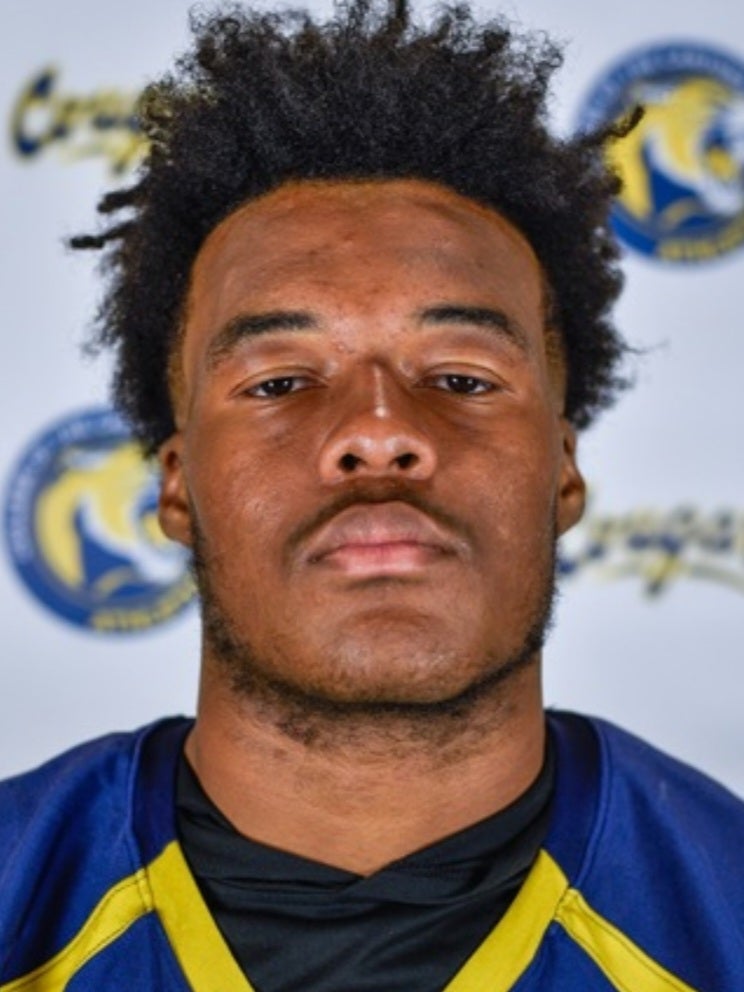Nearly three months after the sudden and heartbreaking death of 21-year-old NCAA football player Ben Christman, the Clark County Coroner’s Office has officially confirmed the cause: cardiac arrhythmia and cardiomyopathy—a deadly combination of heart rhythm abnormality and heart muscle disease.
Christman, an offensive lineman who had just transferred to the University of Nevada, Las Vegas (UNLV) in hopes of revitalizing his college football career, was found unresponsive in his off-campus apartment on February 11, a day before his 22nd birthday. His passing sent shockwaves through the college football world, as friends, teammates, and coaches mourned the loss of a young man known for his discipline, leadership, and potential.
According to a police report, Christman had complained of chest pains during practice the day prior to his death. He underwent an electrocardiogram (ECG), which returned normal results. Less than 24 hours later, he was gone.
“This was a devastating and unexpected loss,” said UNLV head coach Dan Mullen. “Ben made an immediate impact on our program, earning the respect of teammates and coaches alike. He was a leader from day one.”
Christman began his collegiate journey at Ohio State University in 2021 as a highly sought-after four-star recruit. After transferring to the University of Kentucky, a knee injury sidelined him for the 2023 season. In December 2024, he moved to UNLV for a fresh start and was quickly making his mark on the team.
UNLV President Keith E. Whitfield called his passing “a heartbreaking loss for our entire university family,” offering condolences to the Christman family and encouraging students to seek mental health support if needed.
The official medical report identifies the cause of death as cardiac arrhythmia, a potentially fatal irregular heartbeat, compounded by cardiomyopathy, a condition that weakens the heart muscle. According to the Cleveland Clinic, arrhythmias can be silent and undetectable until a critical moment—often making them all the more dangerous for athletes.
Christman’s death has renewed calls for increased cardiac screening and monitoring protocols for collegiate athletes. While the ECG showed no red flags, experts note that certain cardiac conditions can go undetected without more advanced imaging or long-term monitoring.
As the college football world continues to grieve, Ben Christman is remembered not just for his physical strength, but for his character, leadership, and dedication—a legacy that transcends the gridiron.



